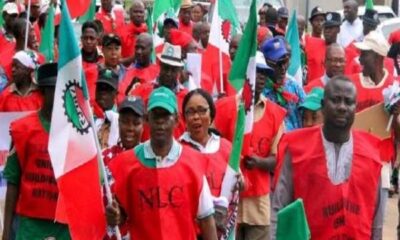Mr John Gaul-Lebo, the Speaker of the Cross River House of Assembly, has stressed the need to grant fiscal autonomy to local government and state house of assembly, saying this was a reflection of Nigerians’ aspirations.
Gaul-Lebo on Sunday in Calabar said that for the local government administration to function optimally, its autonomy must be assured and its finances must be freed from any other tier.
“Beyond financial autonomy, each local government also needs autonomy to carry out the administration of the council areas under its jurisdiction.
“If the house of assembly is also not independent and does not have its own fiscal autonomy, we will not have the courage to legislate on local government’s autonomy.
“Because the local government’s autonomy as proposed will allow the state assembly to make laws for the proper administration of the local government.
“I know that some of the concerns have been the payment of salaries of primary school teachers, but the amendment has allowed for the house of assembly to make laws for the payment of teachers’ salaries.
“I want to assure the public that from what has been received from the public hearing, our responsibility is easier; what is left now is for us to go ahead and take the vote as released by our constituents’’, he said.
Gaul-Lebo gave assurance that the assembly would be transparent during voting on the 1999 constitutional amendment transmitted to the house from the National Assembly.
He said that the resolutions reached during the public hearing organised by the house on Jan. 9 to hear the views of the people were successful.
According to him, the document which was transmitted from the National Assembly to state houses of assembly for public hearing and voting was timely.
He said that the house had set up a committee to listen to all the views presented during the public hearing by the various constituents and stakeholders.
The committee had also submitted the same report to the state House of Assembly for its consideration, he said.
“Just last week, we had a public hearing on the constitutional amendments where we got inputs from our stakeholders and from the 25 constituencies in the state.
“The purpose of the hearing was to allow inputs from our constituents on the various alterations of the 15 provisions already transmitted from the National Assembly to states’ houses of assembly.
“We have set up a committee that will consider the report and will, in turn, prepare a report that will be presented at plenary on Jan. 16.
“From the plenary, we will go into voting; the voting will be done clause by clause, item by item and member by member; and I can assure you that it will be open and transparent,’’ he said.
During the public hearing, 24 state constituencies voted in support of the local government and states’ houses of assembly autonomy while one state constituency voted against the autonomy.


























